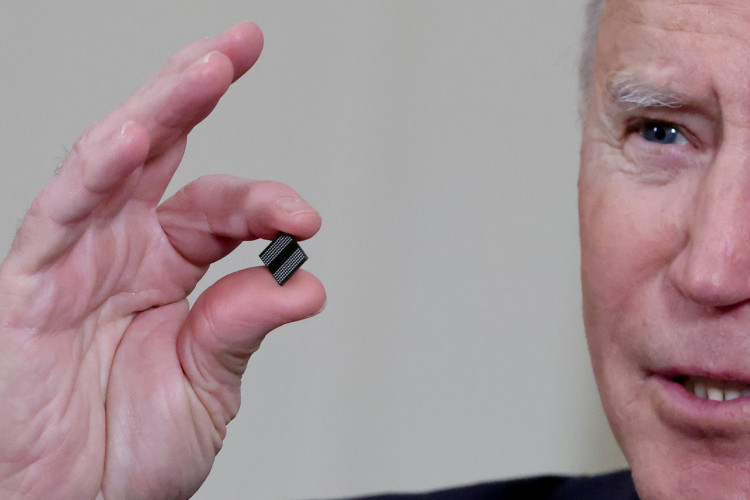Companies frequently create printed circuit boards for their products but lack manufacturing capability, so production is outsourced. Experts warn that these factories are a point of sensitivity where malicious features, known as Trojan attacks, could be inserted. When triggered, such attacks have the potential to steal sensitive data or crash a device.
According to researchers, a careful assessment of a circuit board's ability consumption can disclose telltale signs that an attacker has tampered with it and installed a malicious system meant to steal sensitive data or cause crashes.
Only one such strike was reported in the wild, as detailed in a Bloomberg article published in 2018, but all of the companies named later denied it. According to Theodore Marchettos of the University of Cambridge, no company.
Chinese company SuperMicro placed tiny surveillance microchips inside hardware used by Apple, Amazon, and other large U.S. tech companies' data centers.
The chips were allegedly used to collect data such as trade confidentiality and intellectual property. According to the report, 30 companies in the United States were affected, but no consumer data was stolen.
Bloomberg reported, citing anonymous government and corporate sources, that Apple discovered the issue in 2015 and reported it to the FBI, and that Amazon also informed authorities after discovering the chips in hardware within its own data centers.
Apple, Amazon, and SuperMicro have all denied the report's allegations.
"As we have shared with Bloomberg BusinessWeek multiple times in the last few months, we have never discovered any problems related to modified hardware or malicious chips in SuperMicro motherboards in any Elemental or Amazon systems, and we have not engaged in any government investigation," an Amazon Web Services spokesperson told Nextgov.
Following reports of local COVID incidents, a few executives from Chinese car and hardware businesses expressed concern about supply chain disruptions last week, as other regions announced tougher preventative measures. Kunshan, a digital manufacturing powerhouse, and Zhengzhou, home to the world's largest iPhone plant, are among them.
If suppliers in Shanghai stay closed after May, tech manufacturers across the country may be compelled to suspend operations, according to Huawei Technologies Co. Last week, Executive Director Richard Yu wrote on WeChat.
Despite the lingering Covid infections in China's largest city, the Ministry of Industry and Information Technology has dispatched officials to assist chip companies in Shanghai in resuming production.
For years, Beijing regarded the domestic chip industry as a strategic industry and a critical component of its race for technological supremacy.






